A new report by Entlaq focuses on Egypt's agritech potential
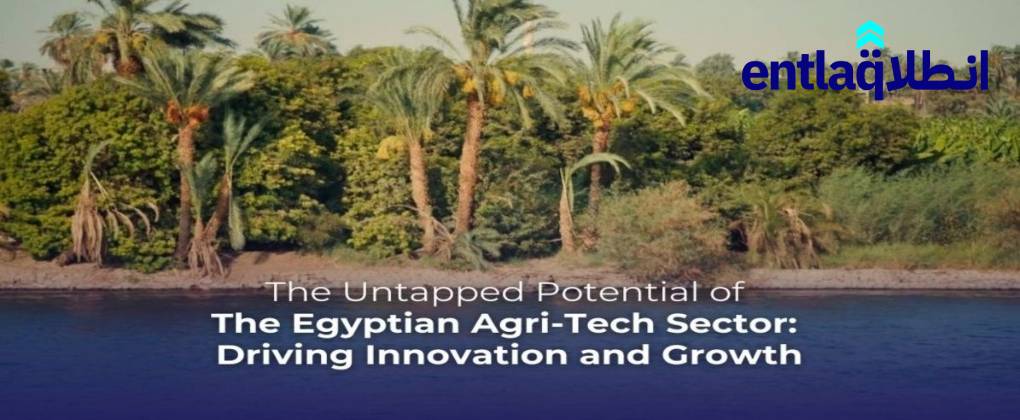
Entlaq has announced the release of its first annual report on Egypt’s agritech sector, titled "The Untapped Potential of the Egyptian Agri-Tech Sector: Driving Innovation and Growth" This report provides a comprehensive analysis of the sector’s current state, highlighting the challenges and opportunities that will shape the future of agritech in Egypt. This inaugural edition is produced in collaboration with several organisations in the agritech sector, including Mahaseel Masr as a strategic partner and Farmtopia for Agricultural Reclamation as a platinum partner.
The report emphasises the agricultural sector's role as a key driver of Egypt’s economy, currently contributing 11.6% to the national GDP with a compound annual growth rate (CAGR) of 16% from the fiscal year 2018/2019 to 2022/2023. According to the Ministry of Planning and Economic Development, government investments in the sector have surpassed EGP 82.9 billion, with a projected EGP 116.6 billion allocated for the fiscal year 2023/2024, aiming to boost agricultural output to EGP 2.43 trillion, representing a 20% growth. Agriculture is a critical economic pillar, employing 18.1% of Egypt’s workforce, with regional disparities—41.5% in rural border areas compared to only 4.8% in urban regions. This disparity underscores the importance of supporting the sector’s sustainability, particularly in Upper Egypt and rural governorates, where agricultural employment is crucial for economic and social stability. Despite this significance, the sector faces major challenges such as water scarcity and climate change, highlighting the need for adopting modern irrigation and digital farming technologies.
Omar Rezk, co-founder and managing director of Entlaq, commented, "We are thrilled to launch Entlaq’s first sectorial report, marking the first of several reports we will launch to shed light on strategic sectors that contribute to economic development and sustainability. Egypt’s agritech sector holds tremendous potential to improve productivity, achieve sustainability, and address the environmental and economic challenges facing the agricultural industry. Our belief in the vital role of agritech in supporting Egypt’s economy inspired us to develop this report to bridge data gaps and provide policy recommendations that will foster innovation and steer investments toward sustainable, effective solutions."
He added, “The report also highlights the significant challenges facing Egyptian agriculture, such as the reliance on informal labour, which lacks access to training and job security, affecting the adoption of advanced technologies like mechanised harvesting. Water scarcity remains a key issue driven by population growth and climate change, prompting the government to develop water management initiatives and expand cultivated land to 12 million feddans by 2030. Additionally, the lack of modern storage facilities leads to post-harvest losses of up to 45% of food supplies, though some startups work hard to reduce waste through supply chain and storage optimisation, cutting food loss to less than 2%.”
He also started that The report concludes with optimistic projections for the future of Egypt’s agricultural sector, expecting exports to reach $14 billion by 2030, driven by increased demand for fruits, vegetables, and organic products. It also forecasts that the agritech sector will create over 50,000 new jobs by 2030, supporting economic growth and rural development. Efforts to raise self-sufficiency in wheat to 70% by 2030, up from 47% in 2021, reflect the strategic importance of achieving food security. By leveraging ICT infrastructure, boosting innovation, and enhancing partnerships, Egypt has the potential to establish itself as a regional leader in agritech, ensuring sustainable growth and food security for its population.
Dr. Mohamed Abdel Rahman, CEO of Mahaseel Masr, expressed his enthusiasm for the partnership, stating, "We are pleased to collaborate with Entlaq on this report. At Mahaseel, we believe that as we look to the future of agriculture in Egypt, the integration of data and market intelligence is essential for driving growth in this sector, which contributes approximately 12% to Egypt’s GDP. Leveraging data enables us and all stakeholders in the sector to make informed decisions, optimise resources, and boost productivity. A report like the agritech report provides the agriculture and food sectors with a comprehensive view of the sector’s potential, creating value not only within agriculture but also across dependent industries."
Abdel Rahman added that Mahaseel Masr is a pioneer in attracting foreign investments to Egypt’s agritech sector and has been instrumental in drawing significant foreign capital to the industry. One of its recent innovations, the "Qamhawey" app, is an AI-powered comprehensive platform designed to equip farmers with essential tools for success in the digital transformation era. Through AI-driven chat and image recognition technologies, the app provides real-time crop health insights and integrates essential agricultural services into one platform. Qamhawey goes beyond simplifying operations, empowering farmers financially by allowing them to sell and export crops directly through the app and monetise farm waste, thereby increasing returns and creating new income streams for sustainable growth.
The report advocates adopting solutions like precision agriculture and the Internet of Things (IoT), which have proven effective in improving resource efficiency and boosting productivity. For instance, drip irrigation can reduce water consumption by up to 50%, while hydroponic systems can increase productivity by 30% and reduce water use by 90%. This investment trend is reflected in the growing venture capital for agritech startups, which has seen a 30% annual growth rate. Leading companies such as Mahaseel Masr, Mazare’, and FreshSource have attracted substantial investments over the past two years, demonstrating the role of large farms and agritech companies in enhancing productivity and achieving sustainability.










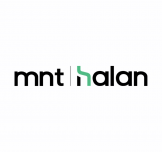






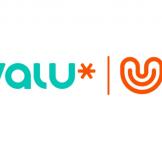

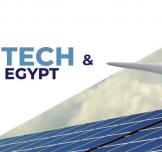

































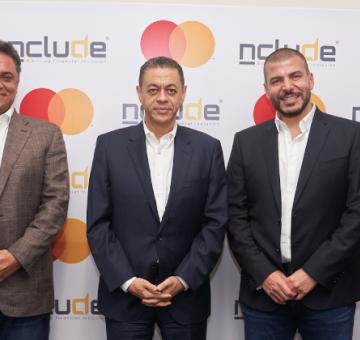
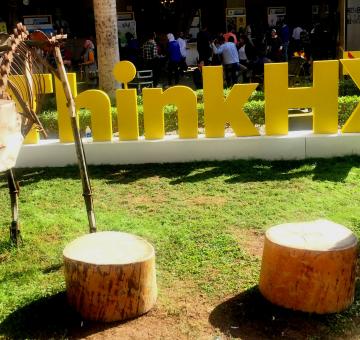

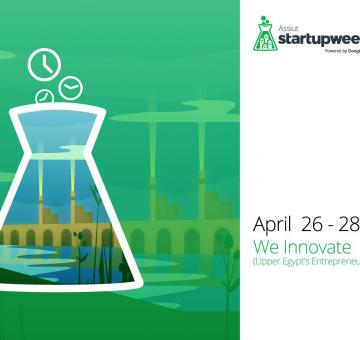


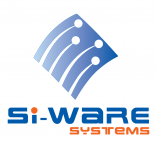
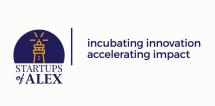
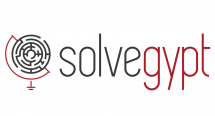



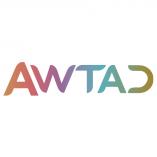
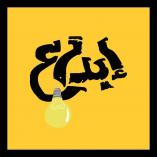


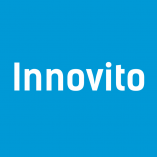
EgyptInnovate site is not responsible for the content of the comments